Contents
1 How Grad School Works7
1.1 Is Grad School for Me?...............7
1.3 Degrees: MS vs PhD................14
1.4 Finances.......................17
1.5 Admissions.....................21
1.6 Everything Else...................23
2 Strengthening Your Application36
2.1 Grades........................37
2.2 General GRE....................40
2.3 Physics GRE....................47
2.4 Research Experience................51
3 Where to Apply?573.1 Factors to Consider.................573.2 Where Can I Get In?................613.3 Making Your List..................65
4 Writing Your Application69
4.1 Timeline.......................71
4.2 Letters of Recommendation............74
4.3 Statement of Purpose...............81
4.4 Curriculum Vitae..................92
4.5 Choosing a Subfield................96
4.6 Everything Else................... 103
5 Results & Decisions108
5.1 Grad School Visits................. 108
5.2 Negotiations..................... 111
5.3 What Ifs....................... 113
5.4 Making a Decision................. 117
6 Summer Before Grad School124
7 Appendices129
7.1 Useful References.................. 129
7.2 Cramming for the PGRE............. 134
7.3 Rushing the Statement of Purpose........ 139
7.4 Sample CV..................... 142
7.5 List of Subfields................... 144
7.6 Worksheets..................... 146
Final Comments159
Foreword
Some introductions are in order. My real name is not VincentKlug, and I am not an author by trade. Im a real grad studentin a top-10 physics department. I dont want people to think ofme as that guy who wrote the grad school book, hence the assumed name. Still, Id love your feedback and Ill try to answerany questions that you still have after reading: send me e-mailsat VincentKlug100@gmail.com.
There are a million guides about how to get into college, orlaw school, or med school, but there exists almost nothing onhow to get into graduate school for physics or any other physical science. This causes two problems: first, applicants rushthrough the application process, make poor decisions, and missgreat opportunities. Applying to graduate school is a processthat requires a lot of time and effort. Second, even if applicantsdo invest enough time into the process, theyre often gropingblindly, as there are no thorough and reliable resources available.This book aims to remedy these problems. It has two goals:
to synthesize much of the information on how physics graduate school works in the United States
to walk you through your application to grad school, withspecific answers and helpful advice
I recommend using this book as early as possible. Most studentsorder this book after senior year has already started and thatsokay, I have lots of advice for such students. But, if possible,I recommend buying this book even earlier, as a sophomore orjunior. Grad school admissions are based on what you did incollege, and so its best to learn the rules of the game as earlyas possible.
If youre applying for grad school in another science, this bookwill still be useful, as the application process is nearly identical.
Good luck on your application.
-Vincent Klug
Chapter 1
How Grad School Works
Definition: Graduate School in physics is typically a 5-7 yearprocess during which you will be paid a stipend while you takecoursework and do original research in order to earn a PhD. 1
1.1 Is Grad School for Me?
Let me start by dispelling a terrible rumor:
Rumor: Its impossible to get a science-related job with only abachelors degree in physics.
The truth is that your BS in physics (or any other physical science) qualifies you for a lot of well-paying jobs. In addition to
1There are lots of variations of the standard program, such as the masters degree, which Ill discuss in section 1.3.
knowing physics, you have three key skills that employers reallywant:
1. You know math. The financial sector, for example, needsto apply differential equations to a specific application (finance). Its much easier for financial firms to hire physicistsand teach them economics than it is to hire economists andteach them differential equations!
2. You can analyze data objectively. Businesses have lotsof preconceived notions about the way their businessesshould be run, and they desperately need objective, emotionless data analysts like you to tell them how to improvetheir performance. This can really be a good deal: youllget paid a very high salary for interesting work, and youget to move from company to company every few years.
3. You know computer programming (or can learn it quickly)and basic science. As a result, lots of engineering firms,consulting firms, IT firms, and so forth will hire you asa programmer, to write websites or make mathematicalmodels for engineering applications.
These jobs tend to pay rather a lot and require real technicalknowledge. They can offer quite a lot of freedom in terms ofwhere and how you work. Better yet, they leave time (andmoney) for a life outside of work a luxury you will most likelynot be allowed in grad school. Despite these numerous perks,page 91.1. IS GRAD SCHOOL FOR ME?
many grad school applicants dont even consider entering theprivate sector. This may be because of the second terrible rumor:
Rumor: If you dont know what to do after college, grad schoolis the logical step.
This rumor is particularly insidious. Grad school is hard! Itwill consume 40-80 hours per week for 5-6 years, in exchange forwhich youll get paid about the same as a fast food employee.Dividing your earnings by the number of hours worked, its notunusual to get something like $3-4 per hour. Moreover, the payoffis pretty low: few of the jobs that require a PhD pay significantlyhigher than the private-sector jobs mentioned above. Worse yet,we have too many newly-minted PhDs in physics, and too fewjobs that require one.
It may sound like Im trying to talk you out of grad school.Im really not, but I do want you to seriously ask yourself if gradschool is the right choice. Heres why: most students dont.
The thought of taking on the challenges of grad school probably appeals to you. In addition, many of your friends are goingto grad school, all of your professors went to grad school, andyouve been in some school or another your whole life. Its therefore very easy to jump on the bandwagon, completely forgettingwhat grad school is for. Grad school is where research physicistsare trained.2 If you want to be a research physicist, then attending grad school is a logical and necessary step. Otherwise, youmay want to carefully examine your motivations for applying.
Students often ask Should I go to grad school? (what theyrereally asking is Should I choose a career as a research physicist?) Thats a question only you can answer, but I will help bylisting several traits that most successful grad students share:
They did well in college. There are cases where mediocrecollege students go on to do great things in grad school,but those are the exception, not the rule.
They have varied interests. Theres nothing wrong withhaving a narrow list of interests, but its unusual for research physicists. Successful research physicists generallyhave wide interests not only in physics and math, but alsoin other sciences, the arts, and the humanities.
They love physics and/or problem solving. If you have anyother motive (money, prestige, etc.) there are easier waysto achieve those goals.
They are (somewhat) social. The nerd stereotype is notall that accurate. Modern research physicists need to be


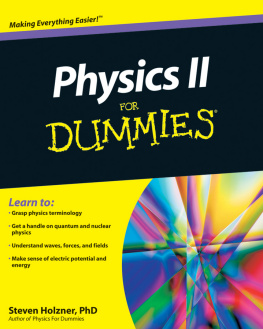

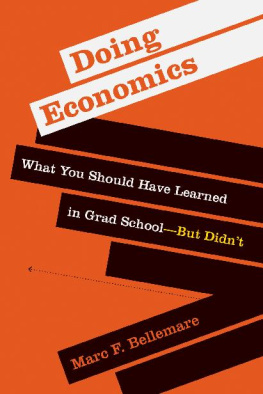
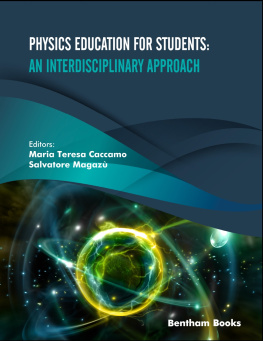
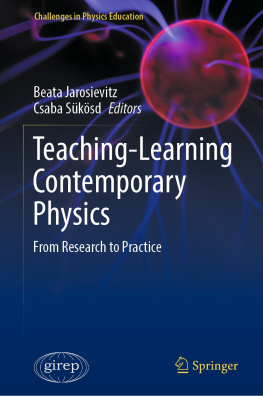
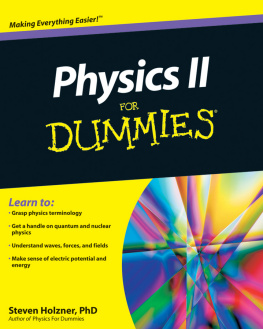
![Reding - Grads Guide to Graduate Admissions Essays] : Examples from Real Students Who Got into Top Schools](/uploads/posts/book/101661/thumbs/reding-grad-s-guide-to-graduate-admissions.jpg)
